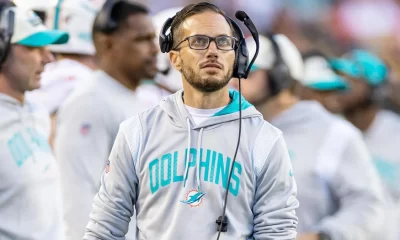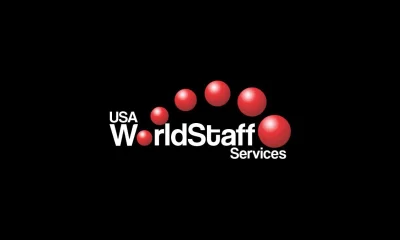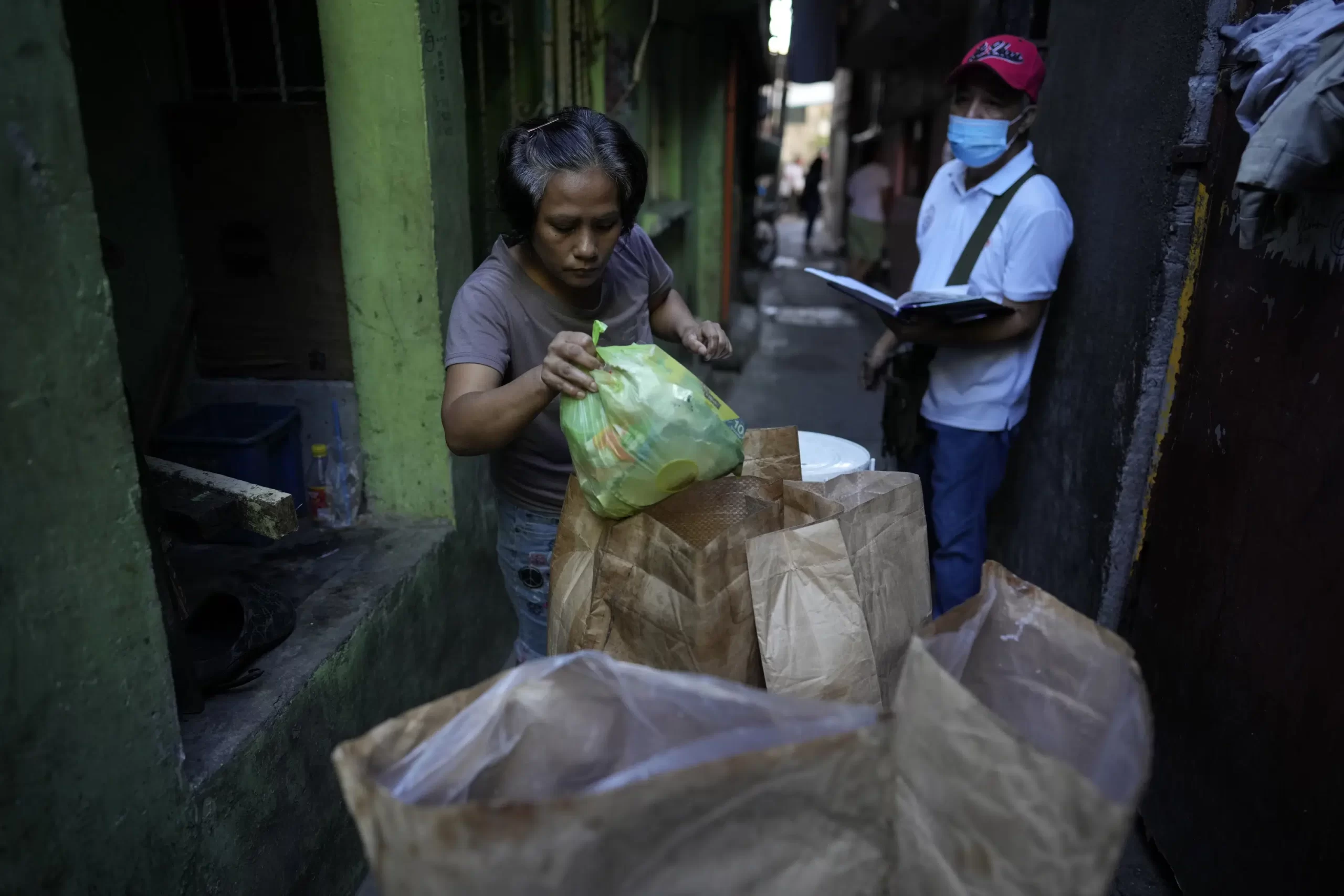MALABON – Marilene Capentes pushes a cart along the streets of Malabon city just north of Manila every morning except Sundays, collecting bags of segregated garbage.
She places the food waste in a designated container so it can be turned to compost at the local recycling facility. The rest of the waste goes into separate containers and the recyclables are later sold.
Capentes, who is 47, said the trash used to be all mixed together — and heavy — until a local environmental nonprofit started asking residents to separate it a few years ago. The Mother Earth Foundation in the Philippines, as a member of the Global Alliance for Incinerator Alternatives, is trying to prevent food waste from going to landfills, where it emits methane as it breaks down and rots. Methane is an extraordinarily powerful greenhouse gas responsible for about 30% of today’s global warming.
Along Capentes’ route, 50-year-old resident Vilma Mendoza now understands the importance of diverting organic waste from landfills to reduce methane emissions to try to limit future warming.
“If you mixed biodegradable to the non-biodegradable and throw it in the landfill, our environment will suffer,” she said.
Preventing waste from going into landfills, incinerators or the environment is a proven, affordable climate solution, according to GAIA. The international environmental organization, which advocates for waste reduction, is supporting its members, including waste picker groups around the world, that are working with government officials to set up systems to segregate and collect organic waste and establish facilities to compost it.
This is happening mainly in the Global South where waste pickers are already working in many communities and cities. Millions of people worldwide make a living as waste pickers, collecting, sorting, recycling and selling materials such as plastics, paper, copper and steel.
The world needs better systems for dealing with waste because existing ways are contributing to climate change, said Kait Siegel, the waste sector manager on the methane pollution prevention team at the environmental nonprofit Clean Air Task Force. She said organics diversion and treatment is “absolutely” an important way to reduce methane emissions.
“We’ve seen these solutions make a difference in countries around the world,” she said. “We’re all creating organic waste in our day-to-day lives. And that’s something that we can be engaging with, in working towards slowing the pace of climate change.”
There’s more interest in this strategy now because the Global Methane Pledge, launched in November 2021, has pushed countries to take a hard look at their sources of methane. More than 100 countries, including the United States, have agreed to reduce methane emissions by 30% by 2030, though other major methane emitters refused.
Methane is more potent at trapping heat than carbon dioxide, but doesn’t stay in the atmosphere nearly as long — around 12 years compared with centuries. Many see bringing down methane emissions as a crucial, quick way to curb further warming.

 Sports1 year ago
Sports1 year ago
 News2 years ago
News2 years ago
 News2 years ago
News2 years ago
 Entertainment1 year ago
Entertainment1 year ago
 Florida2 years ago
Florida2 years ago
 Entertainment2 years ago
Entertainment2 years ago
 Tech2 years ago
Tech2 years ago
 Business2 years ago
Business2 years ago



